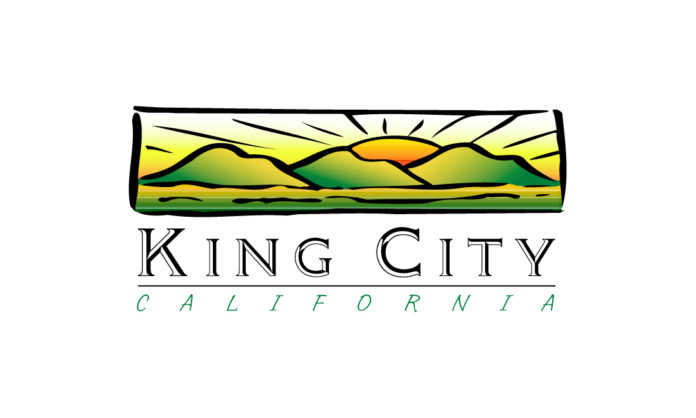KING CITY — Last fall King City Mayor Mike LeBarre joined other mayors from California and across the United States partnering with House America to tackle the nation’s homelessness crisis.
On Sept. 23, the mayors answered Housing and Urban Development Secretary Marcia L. Fudge’s call to action by announcing goals to re-house 100,000 households experiencing homelessness and add 20,000 new units of affordable housing into the development pipeline by Dec. 31, 2022.
“All communities no matter the size can play a part to make sure the residents we serve have quality housing,” LeBarre said. “King City is proud to join our California House America team partners Gov. Newsom, Mayor Garcetti (Los Angeles), Mayor Schaaf (Oakland), Mayor Steinberg (Sacramento), Mayor Gloria (San Diego), Mayor Breed (San Francisco) and Mayor Liccardo (San Jose) to provide solutions.”
House America is a federal initiative in which the U.S. Department of Housing and Urban Development and the U.S. Interagency Council on Homelessness are inviting mayors, city and county leaders, tribal nation leaders and governors into a national partnership to address the country’s homelessness crisis.
King City’s House America goals are threefold:
- The first goal is to create 40 permanent supportive housing units to house all of the city’s homeless households identified in its local Point-In-Time (PIT) count by the summer of 2022 (status on track);
- The second goal is to create an additional 10 permanent supportive units between 2022 and 2024 (status in process); and
- The third goal is to add 352 housing units for extremely low, very low and low-income units into the city’s development pipeline (status on track).
King City regularly participates in the PIT count, which provides “valuable data used to identify needs of our homeless population,” according to City Manager Steve Adams. The city will continue to have an accurate picture of needs by again participating in the January 2022 PIT count.
“It is important for cities to undertake this count as it provides a valuable tool to guide future planning,” Adams said. “Having good data allowed our city to develop a comprehensive strategy to address housing needs, identify resources and remove barriers to accomplish our goals.”
Adams added that the city has been working to address all housing sectors, including low-income units, farmworker housing, temporary workforce housing, market-rate condos, town-homes and single residential units, and bring them into its development pipeline to prevent homelessness.
Some of those efforts include:
- Entering into an MOU for conversion of a local motel to a permanent supportive housing project to address homelessness in the community, utilizing HHAP, ARPA and PLHA funding;
- Utilizing American Rescue Plan Act (ARPA) funds as well as other grants totaling over $1.2 million to provide rental and utility assistance, keeping over 100 families from becoming homeless; and
- Working on redevelopment of a motel site for a senior affordable housing project adjacent to the downtown area, earmarking ARPA funds to assist with the project.















